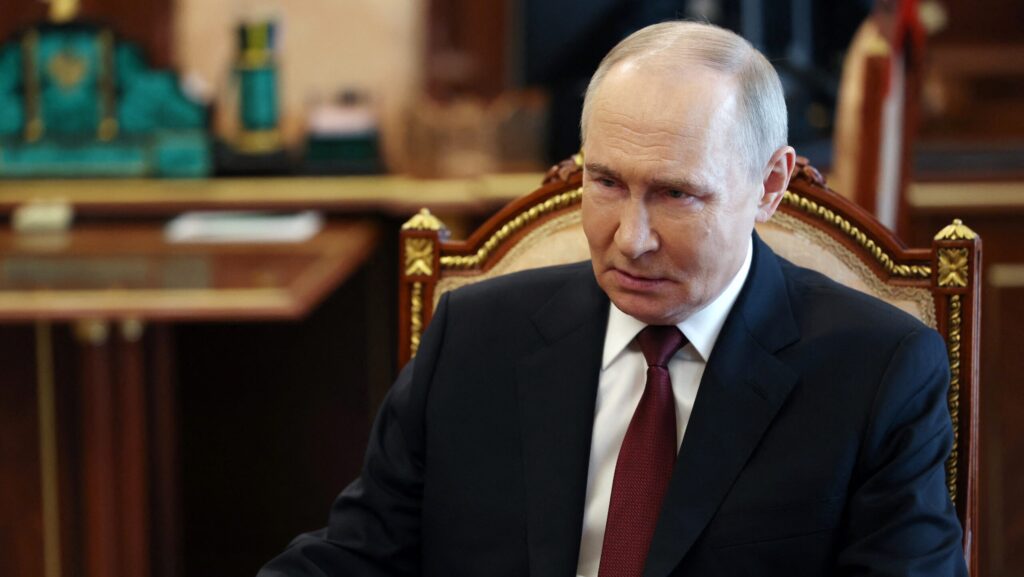A highly engaging opinion piece was recently published by Arab News, authored by Khaled Abou Zahr, the founder of SpaceQuest Ventures—a space-focused investment platform—as well as the CEO of EurabiaMedia and the editor of Al-Watan Al-Arabi. In the article, Abou Zahr highlights the contradiction between the European Union’s involvement in the war in Ukraine and its commitment to green policies. He questions: ‘How do they promote and advance their military and defence needs while remaining committed to their environmental, social, and governance guidelines?’
While EU leaders have committed themselves to the total defeat of Russia and unwavering support for Ukraine, other declarations emphasize the importance of meeting the so-called ESG (environmental, social, and governance) goals. This situation places Europe and the West at risk, as their objectives of escalating the conflict are inherently contradictory to their ESG narrative, the author argues. The most controversial aspect of this phenomenon is that the defence industry is one of the most damaging sectors in terms of ESG criteria. ‘This raises the obvious question: how do they plan to defeat Russia as they claim? With team bonding exercises?’ Khaled Abou Zahr asks with a touch of irony.
The author points out that the
capacities of the European defence industry are significantly dwarfed by those of Russia.
While European policymakers debate the dual-use of various technologies (ie whether some technologies can be used for both commercial and military purposes), Russia produces artillery shells three times as fast and at a quarter of the cost of the Western defence complex. ‘If Europe does not reinvest in its military-industrial capacity, then, in the event of an escalation, it is in a precarious situation.’
The article is also highly critical of the EU and NATO’s policy of deterrence, which has evidently failed to prevent Russia from invading Ukraine. One might expect that, in light of this failure, Western leaders would acknowledge their shortcomings and adopt a new approach. However, this has not been the case. The author notes that the only effective deterrence tactic at present is nuclear deterrence, which Russia is actively employing.
‘Bluntly, the war in Ukraine has
unveiled the West’s ESG goals for the hypocrisy they are.
The political and business leaders who promoted them are now caught up in their own contradictions,’ Khaled Abou Zahr points out.
Finally, the author discusses his perspective on the future of the conflict in light of current trends. He writes, ‘If the course of action is not reversed, there is no doubt that we are heading towards an expansion to other European countries.’ Therefore, Europe must be prepared, and if it expects the US to defend it, disappointment will follow. ‘Today, ESG goals are making Europe and the West not only appear weak but, even worse, their weakness is now evident,’ Abou Zahr concludes.
Related articles:








